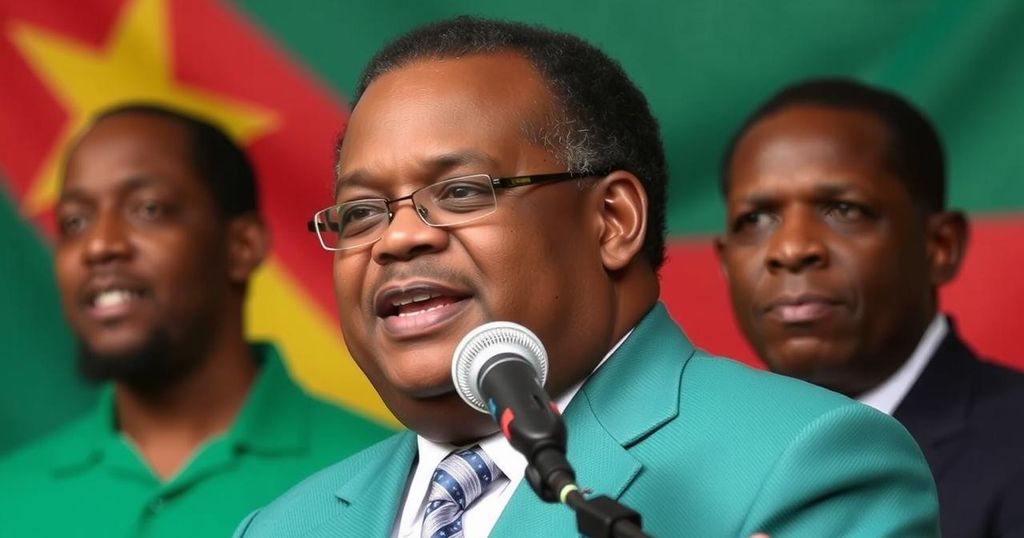Mozambique’s Constitutional Court Confirms Frelimo’s Election Victory Amid Tensions

Mozambique’s Constitutional Council confirmed Frelimo party’s electoral victory, securing 65% for Daniel Chapo. The court dismissed opposition requests for recounts and new elections amid claims of fraud and significant protests, further heightening tensions as opposition leaders allege electoral misconduct. The ruling is expected to lead to increased unrest in the nation, which is already grappling with a recent cyclone disaster.
Mozambique’s Constitutional Council has upheld the results of the disputed elections held in October 2023, confirming the ruling Frelimo party’s continuation of power for an additional term. The court established that Frelimo’s candidate, Daniel Chapo, won 65 percent of the votes, a significant adjustment from the National Electoral Commission’s initial announcement of nearly 71 percent. Venancio Mondlane, of the Podemos party, received 24.19 percent, while Ossufo Momade of Renamo and Lutero Simango of MDM garnered 6.62 percent and 4 percent, respectively. The court also rejected demands for a vote recount and new elections from the opposition.
The ruling party Frelimo has maintained a dominant position in Mozambique since the nation gained independence from Portugal in 1975. The Constitutional Council’s ruling follows significant public discontent and protests over alleged electoral fraud during the October elections. The election results have been contested, with opposition parties claiming irregularities and misconduct, leading to heightened tensions in the capital, Maputo. The court’s decision comes amidst an atmosphere of unrest, with fears of escalating violence and retaliation from opposition supporters. Recent natural disasters, such as Cyclone Chido, have further burdened the nation, exacerbating the existing political instability.
The confirmation of the election victory by Mozambique’s highest court emphasizes Frelimo’s enduring political control, while simultaneously igniting further controversy and unrest within the country. With opposition leaders alleging electoral theft and signaling calls for civil disobedience, the political landscape remains precarious. Additionally, the impact of natural disasters compounds the country’s challenges. As Mozambique moves forward, the potential for increased protests and civil unrest looms, influenced by the court’s ruling and the highly charged political environment.
Original Source: www.rfi.fr






